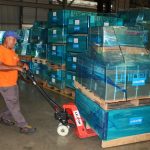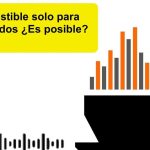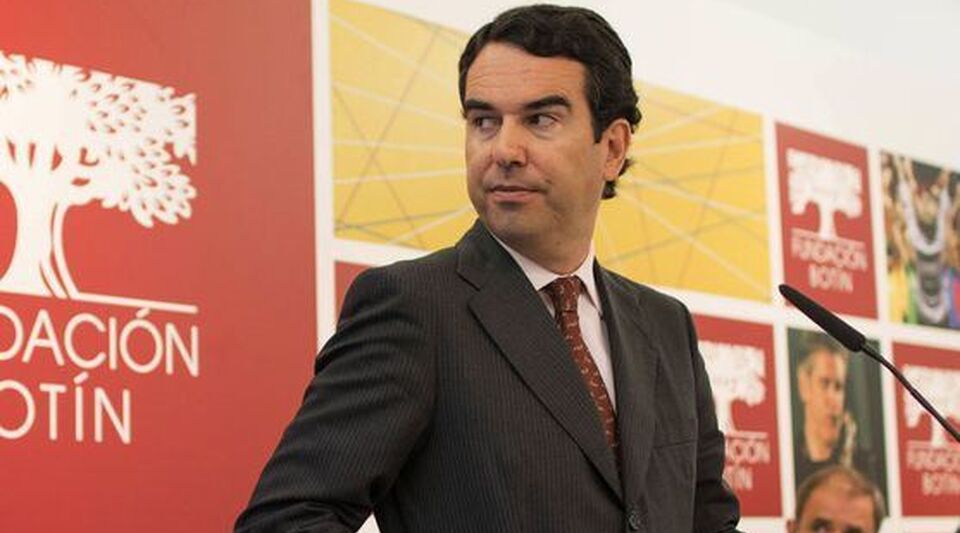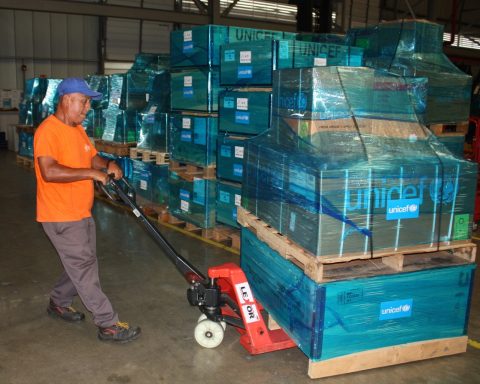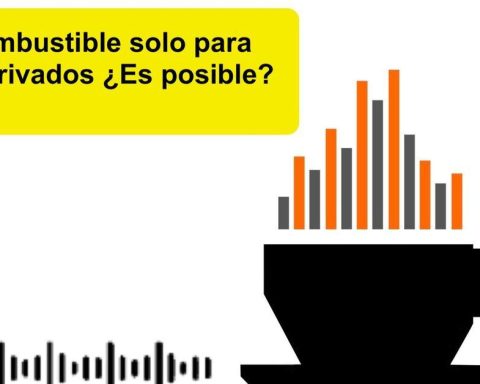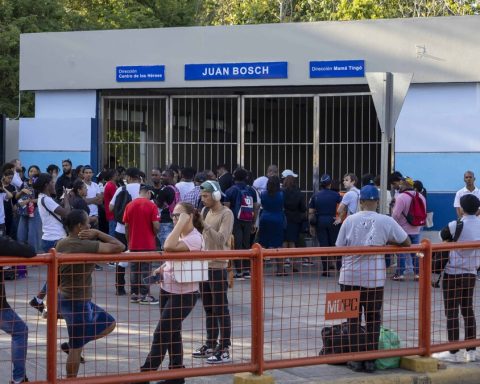July 18, 2023, 3:15 PM
July 18, 2023, 3:15 PM
Predictive AI tools could anticipate the development of a disease, the onset of an epidemic, or help doctors choose a treatment. But that’s not all: the expansion of the market will change the way we age, says French engineer Alain Monteux, an expert in the connected health and home care sector.
The basic concept of artificial intelligence (AI) is the use of machines to help humans perform certain tasks, from the least to the most sophisticated. The ChatGPT program has sparked debate around this topic, but it’s not new.
From reaction to prevention
Robots that help in surgical interventions, for example, are already part of daily life in many hospitals. But in the future they could also act as nursing assistants and help the elderly at home, for example.
The engineer Alain Monteux runs Tunstall Vitaris, a pioneer in remote healthcare. He is also a member of the health committee of ACSEL (Association of the Digital Economy), a French organization that aims to monitor and accelerate transformations in the sector.
According to him, it is impossible to predict the evolution in the connected health sector, which is improving rapidly: “Artificial intelligence, digital and associated tools are advancing very fast. It is difficult to anticipate the future. That is why today you have to invest in how improve services”.
The idea is to use predictive algorithms to move from reaction to prevention. Instead of rescuing an elderly man who has fallen at home, for example, in the future it will be possible to know his risk of having an accident, even before it happens.
“This way we will be able to intervene and implement actions to avoid something serious. We are committed to the transition from a reactive world to a preventive logic,” he reiterates.
Data management and ordering
Data management will be one of the great challenges of the sector in the future. According to the French expert, the connected health company he runs, for example, receives some three million phone calls a year. Knowing how to analyze and select the information generated by the calls will be essential to define the needs of the users.
“To keep those over 80 years of age at home, all aspects surrounding their health must be integrated. Most have more than one chronic disease. Controlling these diseases will allow them to continue living at home. Integrating data on these pathologies will care services are more pertinent”, he details.
Currently, explains Alain Monteux, telecare connects the patient with a 24-hour call center, which can be activated by pressing a button. In the coming years, the goal is for this connection to the plant to be made through sensors installed in the rooms of the houses.
The devices will be able to measure water and electricity consumption or count, for example, how many times a person opens the fridge. Smart watches and other connected objects may also be used in well-being management in the future.
All these tools will allow direct contact with the healthcare center, but will also concentrate information such as the number of steps, blood pressure, movement speed or heart rate.
The goal is for the need for urgent care to be detected automatically, or even anticipated. “The idea is to be able to measure important parameters in a non-invasive way, integrating the collection into everyday objects. I have mentioned a watch, but it could be a scale, for example. Weight is a very important parameter,” says the expert.
Alain Monteux stresses that the ideal is to use as little data as possible and respect the privacy of users, who question and are aware of the risks linked to information storage.
He also points out that AI could be used to help telecare to analyze aspects that are often undetectable by humans. An example is a slight change in the tone of voice, which can indicate the onset of a blackout or even a stroke.
The older generations of the future will be much more accustomed to digital tools. Today they are not part of the reality of at least half of those over 85, who do not know how to use a smartphone or surf the Internet.
“This will no longer be the case in the future and we will be able to deploy more digital solutions. How to anticipate this evolution? Looking at the tools and what is proposed. In France we have many start-ups with many ideas”: these partnerships will be key in the development of connected health in the coming years, concludes the French engineer.







